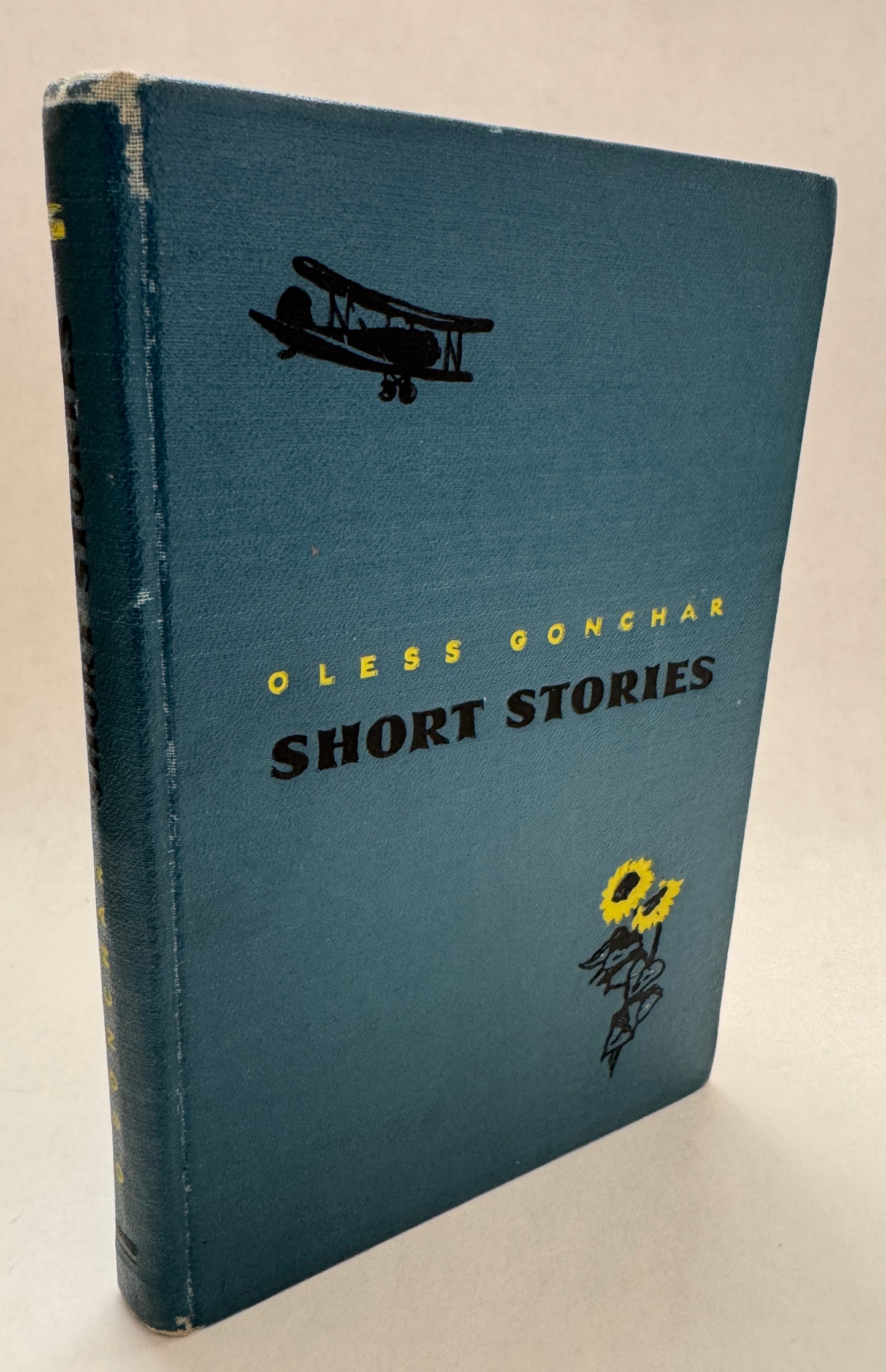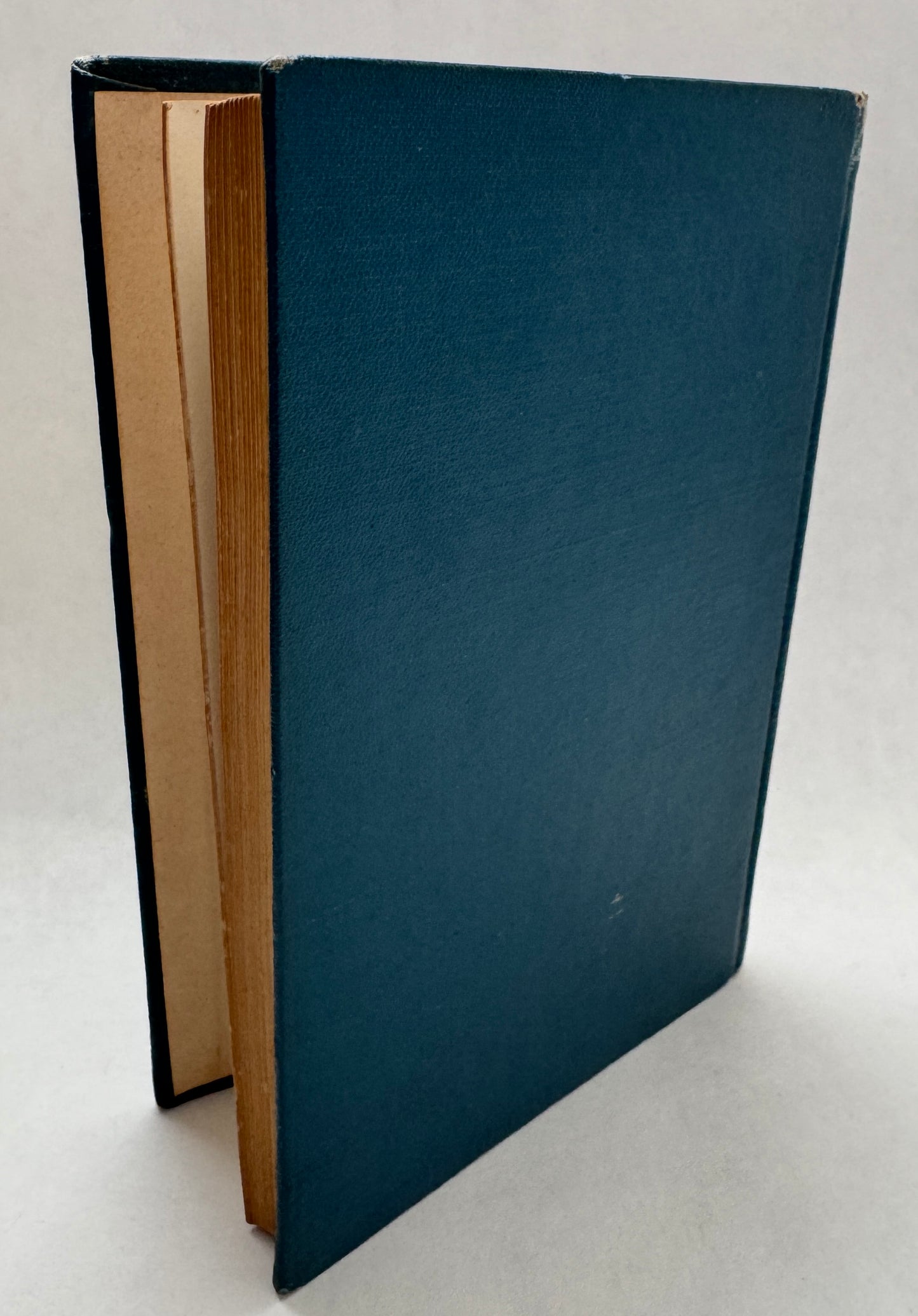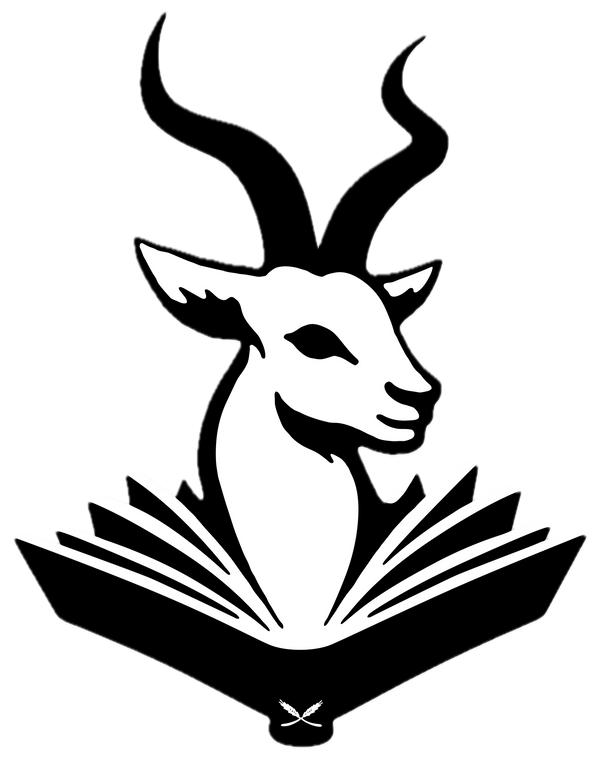Gonchar, Oless; [Honchar, Oles]; Gibbons, J. (Ed.); Shneerson (Translator)
Short Stories
Short Stories
No se pudo cargar la disponibilidad de retiro
Moscow: Foreign Languages Pub. House, [1955?]. First Edition (presumed; no prior editions or printings cited). Octavo in stamped and illustrated dark blue cloth; 266 pages: illustrations, portrait; 20 cm Very good; tight and clean. No jacket. Hardcover.
Ukrainian writers. Soviet writers. Contents: The mountains sing: Spring beyond the Morava. Modry Stone. On Balaton. Danube sketch. Ilonka. The montains sing. The South: The rapids. Neighbours. Becon. Summer lightning. Sunflowers. On the roda. Skylark. The road beyond the clouds. Mikita Bratus. // Oles Honchar, born Oleksandr Terentiiovych Bilychenko on April 3, 1918, in the village of Lomivka, Ukraine, emerged as a prominent Ukrainian writer and public figure. Following the early loss of his parents, he was raised by his maternal grandparents in the village of Sukhe, adopting their surname, Honchar. Honchar’s literary journey commenced in the 1930s, with his initial works appearing in various Ukrainian publications. His studies at Kharkiv University were interrupted by World War II, during which he served in the Red Army, an experience that profoundly influenced his subsequent writings. Post-war, he completed his education at Dnipropetrovsk University and gained acclaim for his novel trilogy “Guide-on Bearers,” which earned him the Stalin Prize in 1948 and 1949. Throughout his career, Honchar continued to explore themes of war and peace, notably in his novel “Person and Weapon,” which garnered the Shevchenko Prize in 1962, and “Tronka,” awarded the Lenin Prize in 1964. His 1968 novel “The Cathedral” faced Soviet censorship due to its perceived critique of the regime, reflecting his complex relationship with Soviet authorities. Beyond literature, Honchar was actively involved in public service, serving as chairman of the Union of Ukrainian Writers from 1959 to 1971 and as a deputy in the Supreme Soviet of the USSR. In recognition of his contributions, he received numerous honors, including the title Hero of Socialist Labor. Following Ukraine’s independence, he played a role in the nation’s cultural revival until his death on July 14, 1995. —Wikipedia
Compartir




